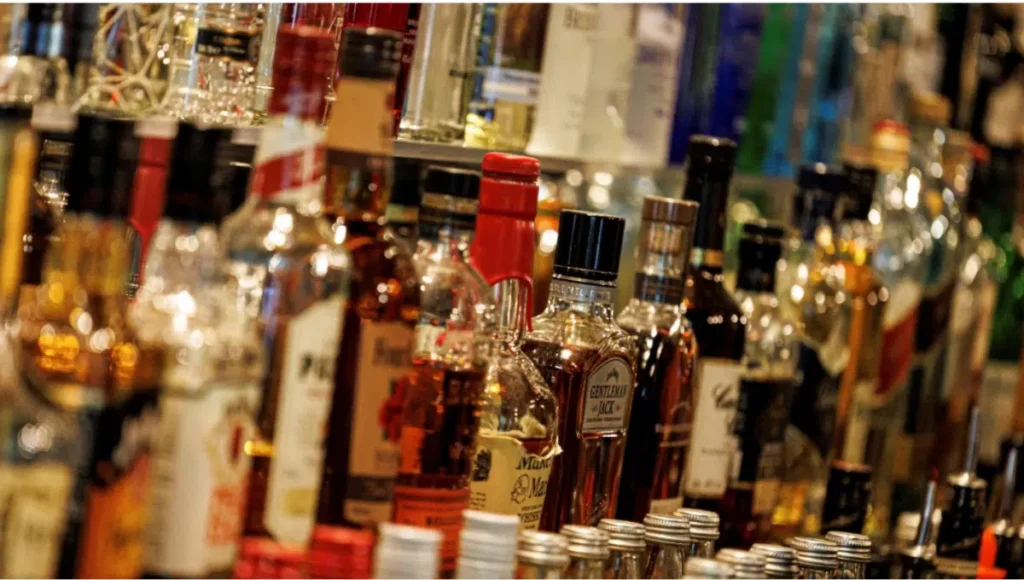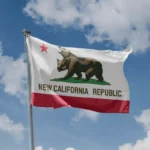California’s liquor license laws aim to manage the sale and consumption of alcohol, putting the safety and well-being of the community first. These laws ensure that only qualified applicants receive licenses in order to prevent issues like underage drinking, drunk driving, and public intoxication.
Did you know that under Section 23985 of the Alcoholic Beverage Control Act, a person or business (applicant) planning to open a new ABC-licensed business, change the ownership, or move an existing business to a new site must apply for the proper license at an ABC district office? As part of the process, notice must be given to the public and to local officials before commencing the sale of alcoholic beverages at any premises.
Handling the system of California’s liquor license laws can be complicated, but understanding the basics is necessary for anyone looking to sell or serve alcohol in the state.
Let’s look into this guide to help you get started.
Types of Liquor Licenses in California
When applying for a liquor license in California, you must understand the various types available to determine which best suits your establishment’s needs.
In California, you will find there are common types of liquor licenses, such as Type 41, which is for on-sale beer and wine specifically for eating places. There is also Type 47, designed for bona fide public eating places, and Type 48, which caters to bars with on-sale general licenses.
Type 41 allows for serving beer and wine for consumption on-site at establishments like restaurants. If you are looking to offer a variety of alcoholic drinks in your restaurant, Type 47 might be the better choice for you.
If your place mainly functions as a bar and doesn’t offer food, then Type 48 would be the right option for you. Every type of license has its own set of rules and requirements, so it is important to thoughtfully evaluate your business model and needs before applying for a liquor license in California.
Application Process for Liquor Licenses
To apply for a liquor license in California, you must go through a structured application process that includes specific steps and requirements.
The first step is determining the type of liquor license that aligns with your business activities.
Once you have determined the types of liquor licenses, you’ll need to obtain the necessary application forms from the California Department of Alcoholic Beverage Control’s (ABC) website or office. Fill out the forms carefully, ensuring all information is accurate and complete.
Once you have completed the forms, submit them to the ABC along with the required fees. The ABC will carry out a detailed examination of your background, business location, and planned activities. You may also need to notify the local government and nearby residents of your intent to obtain a liquor license.
As you go through the application process, be ready to share more documents or attend hearings if necessary. Keep in mind that you need to meet all requirements and respond promptly to any requests for information to help speed up the licensing process.
Compliance Requirements for License Holders
To meet these compliance requirements, adhere to regulations regarding the sale, service, and consumption of alcohol. License holders must make sure that all employees involved in alcohol service are properly trained and certified. Maintaining accurate records of alcohol purchases and sales is important for compliance. Regular audits and inspections may be conducted to verify that license holders are following all laws and regulations.
License holders have a responsibility to ensure that age restrictions on alcohol sales are upheld and to prevent sales to individuals who are intoxicated. Display the liquor license prominently and ensure that it’s up-to-date. If these requirements are not met, it could lead to fines, suspension, or even losing the liquor license.
Restrictions and Prohibitions on Alcohol Sales
Sales of alcohol are not allowed between 2 a.m. and 6 a.m. daily. Selling alcohol to minors under the age of 21 is strictly forbidden. You must verify the age of anyone who appears to be under 30 years old to prevent underage sales.
It’s illegal to sell alcohol to visibly intoxicated individuals. As a licensee, it is crucial to monitor how much alcohol guests are enjoying to make sure they are not being overserved. Remember that selling alcohol without a license is not allowed. It’s also illegal to operate without the appropriate permits, and doing so can lead to serious consequences.
The state places limits on selling alcohol close to schools and churches. Establishments and businesses need to be mindful of their proximity to these locations to avoid violating the law.
Penalties for Violating Liquor Laws
Violating California liquor laws can result in fines, license suspensions, or even criminal charges. The penalties for breaking these laws are serious and can have long-lasting consequences.
If you’re caught selling alcohol to minors, you could face fines ranging from a few hundred to several thousand dollars, and there’s a chance your liquor license could be suspended or revoked, which would affect how you run your business. Repeated offenses could lead to more severe consequences, such as the potential permanent loss of your license.
Violations can bring about not just financial penalties and problems with licenses, but they can also lead to serious criminal charges. Selling alcohol without a license or engaging in illegal activities related to alcohol can lead to misdemeanor or even felony charges. These charges can carry hefty fines and potential jail time, tarnishing your reputation and affecting your future opportunities in the industry.
Make sure your staff is properly trained, follows all regulations, and takes any necessary precautions to prevent violations that could harm your business and livelihood.
Conclusion
Now you have a better understanding of the California liquor license laws. Remember to choose the right type of license for your establishment, follow the application process carefully, and comply with all regulations to avoid penalties.







